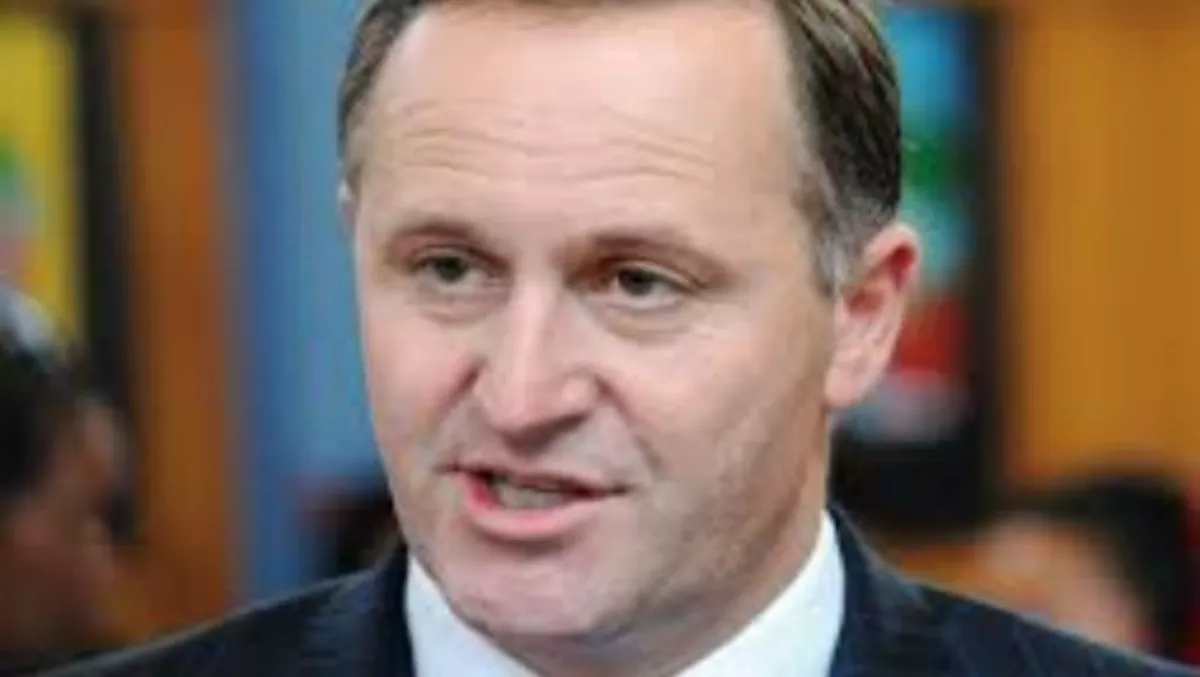
PM Key says Indian FTA would reduce reliance on China
Prime Minister John Key says a free trade agreement with India would help New Zealand reduce its dependence on the Chinese market, which is the country's biggest trading partner.
Speaking at an Indian New Zealand Business Council summit in Auckland today, Key said while he was a big defender of New Zealand's free trade agreement with China and the benefits that it has delivered including a big increase in two-way trade, one of the concerns is "being too China dependent".
"New Zealand's had experience before in being too dependent on one market when it was essentially Britain's farm in the South Pacific. There's a long-term risk that New Zealand could get to the point of being totally Chinese dependent and for whatever reason that relationship sours," he said.
New Zealand started negotiating a free trade agreement with India some years ago and has just completed the 10th round of negotiations after an 18-month hiatus.
Key said the FTA would only really happen if Indian companies lobby their government for it to happen.
"There will always be resistance. But there is no doubt from an economic perspective we see real opportunities in India and vice versa," he said.
Rupert Holborow, the Ministry of Foreign Affairs - Trade official leading the FTA negotiations for New Zealand, said there was still "considerable distance" to closing a comprehensive FTA with India. "I can't see it happening immediately, it will be a tough, long road ahead."
Benefits to New Zealand are obvious given India is forecast by the International Monetary Fund to have a higher growth rate than China this year - 7.2 per cent compared to 7 per cent.
Some of the IMF's growth forecast is due to changes in the way India measures economic output but Indian Prime Minister Narendra Modi is also expected to deliver growth and job creation and stronger corporate investment.
Holborow's message was that New Zealand businesses should not hold off on engaging with market opportunities in India in the interim, even though those opportunities "won't be so easily recognised without a FTA."
Indian High Commissioner to New Zealand HE Ravi Thapar said the biggest difference between negotiating an FTA with India to China was that the state had more control in China whereas India had a democracy and it was the private sector and industry that would "face the onslaught" from opening up further trade with New Zealand.
Thapar said any FTA with New Zealand would need to involve economic engagement, technology transfer and entry to the services sector as well as trade.
He also said engagement between the two countries shouldn't be contingent on an FTA that will take some time to tweak and work through the Indian system.
The size of the Indian market, which has a population of 1.2 billion, is attractive to New Zealand companies which have developed smart and innovative technology but have a small domestic market that doesn't allow it to be easily commercialised, he said.
"New Zealand's technology transfer could benefit India's industry. That is what should be given more priority," he said.
There is currently declining trade between New Zealand and India and Chandrajit Banerjee, director general of the Confederation of Indian Industry, said an FTA would be a challenge.
He listed several key areas where New Zealand companies could look to gain an entry into the Indian market. These include helping modernise India's agriculture and food processing, green technology and smart homes, collaboration on education, particularly with New Zealand universities, electronic hardware, skills and vocational training, and aviation.

